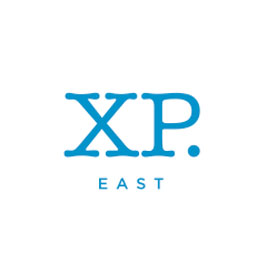I’ve worked in education for a grand total of 8 weeks. In that time I’ve had to unlearn everything I thought I knew about teaching and learning, about what I thought working in a school would be like, and what my role as Learning Coach would entail. I mean, what other job would start off with 4 days away camping, hiking, and jumping off bridges?! (You can read more about how that experience has helped us to start growing our school, and why it’s such a crucial element of our induction process, in Mr Portman’s previous blog post.)
As we head towards the Summer break, I’ve been reflecting on what I’ve learnt about teaching at XP. East so far.
And here it is:
XP. East teachers don’t teach.

Yep – you read that right!
Our teachers don’t teach.
Instead, they facilitate learning. There’s a difference.
In contrast to traditional learning, where the teacher takes on the “active” role and the children are in a “passive”, receptive role, our students are encouraged to take responsibility for their own learning, via self-assessment and presentations of learning.
When students are responsible for their own growth and assessment, learning becomes an incentive. A mistake is always seen as a learning opportunity – not a failure – and work is critiqued (and praised!) within a supportive, constructive framework.
Our learning expeditions are designed so that students are fully immersed into the subject matter, they are aware of the overall learning targets, they know what the success criteria are, and have all the information available to them so that they can answer the expedition’s guiding question.
So, our teachers don’t teach. They do much more. They take on many other different roles to help facilitate the learning process: as moderators, as challengers, or as commentators. Progress is continually checked and monitored, with learning methods adapted accordingly along the way.
Ultimately, we are fostering a growth mindset, which develops the connection between hard work and achievement. This challenges the fixed mindset that intelligence is something you’re born with, rather than something that can be developed.

“Yet” is a powerful word in our school.
Add it onto the end of this sentence: “I can’t do it.”
“I can’t do it… Yet.”
There. That one little word is the difference between a growth mindset and a fixed mindset (although I don’t think I’ll ever be good at maths 😉)
Mrs Parker.
